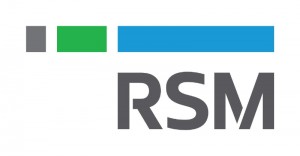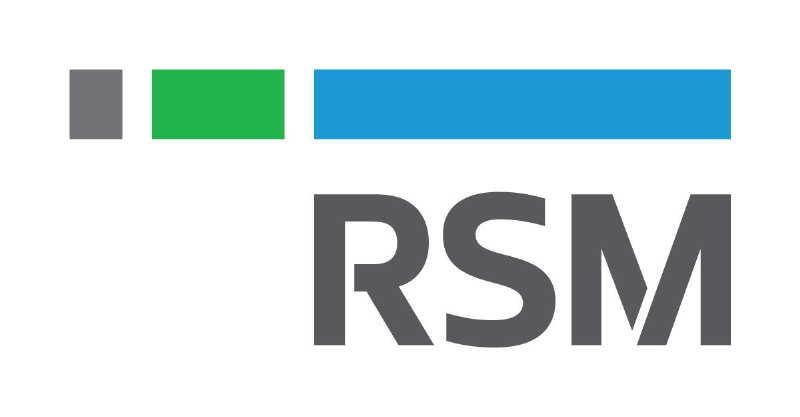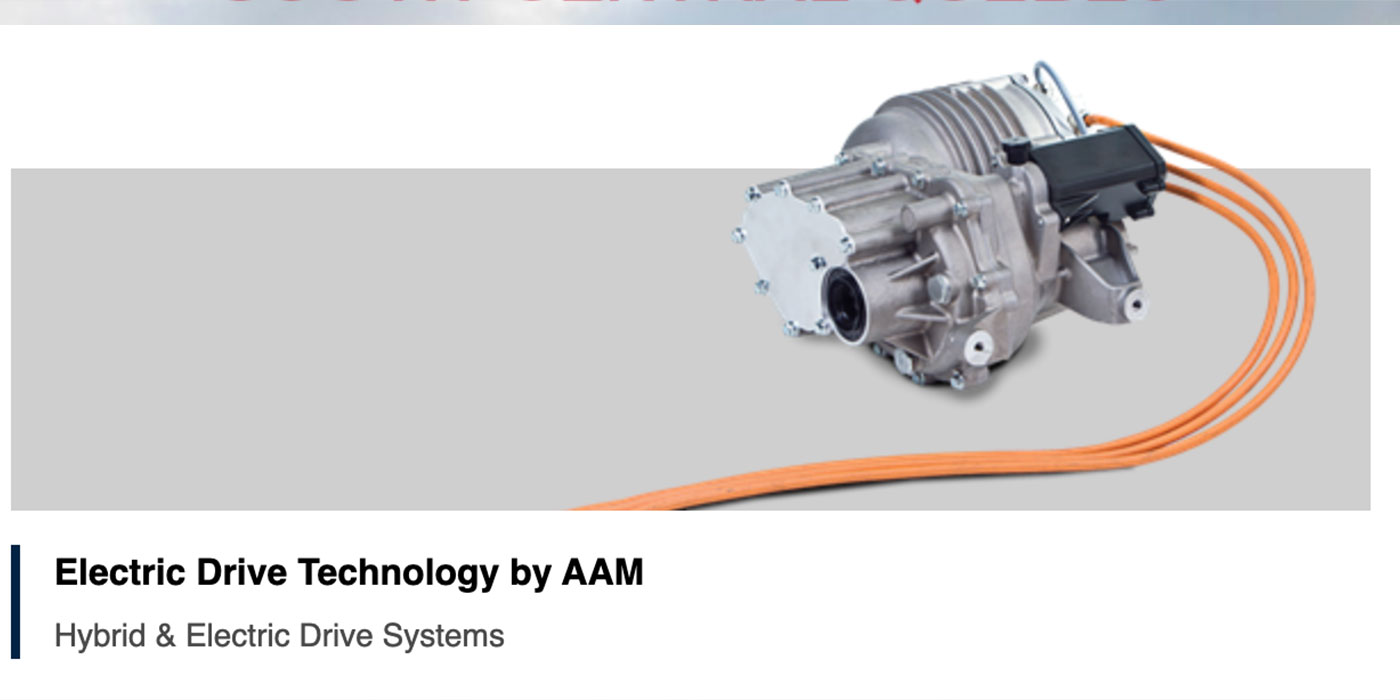 RSM US LLP (RSM) has released of the results from its annual survey of middle market manufacturers, which shows manufacturers and automotive suppliers are optimistic about business growth. However, there is cause for concern in certain pockets of the economy with automotive suppliers facing pressures such as original equipment manufacturer (OEM) pricing, changing requirements, erratic schedules and rising employee costs, the research firm says.
RSM US LLP (RSM) has released of the results from its annual survey of middle market manufacturers, which shows manufacturers and automotive suppliers are optimistic about business growth. However, there is cause for concern in certain pockets of the economy with automotive suppliers facing pressures such as original equipment manufacturer (OEM) pricing, changing requirements, erratic schedules and rising employee costs, the research firm says.
While manufacturing as a whole is anticipating continued growth, some sectors – particularly energy, agriculture and general industrial manufacturing – are experiencing a decrease in demand with flat or declining revenues, according to RSM.
“These findings suggest that while executives have a positive outlook for the manufacturing and automotive industries, there are key areas that must be managed to achieve these expectations,” said Steve Menaker, audit partner, national consumer & industrial products industry team leader at RSM. “Increasing globalization, regulations, changing demographics, weakening economies, foreign currency fluctuations and other variables could have an impact on manufacturing.”
Most Manufacturers Expect Increase in Operating Profits, But Need to Think Globally
According to the latest report, manufacturers anticipate rising revenue, profits and employment, with 70 percent of manufacturers in the United States and around the world expecting an increase in operating profits. Further, more than half expect to increase their workforce, and three-quarters expect to increase revenues, many by more than 10 percent. In the U.S., 40 percent self-identify as “thriving” and 55 percent say they are “holding steady.”
Despite these ambitious goals, RSM says the companies that will be poised for continued growth are taking measures to prepare for a potential decline. U.S. companies (62 percent) are focused primarily on domestic markets, while non-U.S. companies are leading the way in entering or expanding into international markets, the primary foreign market target being the United States. Given the attractiveness of the U.S. economy, U.S. manufacturers will continue to find more competition for domestic market share coming from offshore.
“U.S. manufacturers need to start thinking more globally to offset some of the competition entering U.S. markets and to avoid long-term risk,” said Menaker. “However, before making any major changes, business leaders need to consider some of the barriers to international growth, such as shifts in the global economy, currency fluctuations and foreign regulations.”
Among other growth strategies, most thriving manufacturers plan to increase their investments in equipment and operational improvements such as lean manufacturing, cost realization, talent management, financial strategies and process innovation. Of those surveyed, nearly half are planning major initiatives in product development and innovation to help drive sales growth.
Overall, few companies are likely to acquire or merge with another company or business unit—or establish a joint venture—in the coming months. However, a closer look by sector shows that nearly 20 percent of manufacturers in the industrial and commercial machinery space are likely to do so. Keeping up with competitors and driving cost synergies in a low-growth economy are the primary drivers of merger and acquisition activity.
Auto Suppliers Anticipate Industry to Improve Next Three Years, Must Consider Outside Factors
Having experienced six consecutive years of sales growth, automotive suppliers are very optimistic, with a majority of those surveyed expecting the entire auto industry to improve – some think substantially – for the next three years. Moreover, a separate, new automotive industry report shows that nearly half of the suppliers in the survey are thriving; a significant majority expects not only revenues to increase in the coming months, but employment and profits as well. In fact, 41 percent of U.S. auto suppliers and 50 percent of non-U.S. auto suppliers plan to increase their workforce by 6 percent or more.
Aiming to sustain this growth period, many suppliers are planning to increase their investments in information technology, equipment and machinery, and research and development. However, RSM experts warn that suppliers should be cautious and try to get ahead of an anticipated decline.
“With changing consumer demographics and new CAFE regulations coming into play in 2017, auto suppliers need to prepare for a decline after what has been a long and steady growth period for the industry,” said Byron Schneidman, partner, national automotive sector lead at RSM. “Middle market companies have, by and large, been able to thrive in some of the most unstable economic environments, but auto suppliers are facing significant pressures to keep its current pace.”
Weakening economies and rising interest rates top the list of issues that concern auto suppliers the most. Changing consumer demographics and CAFE regulations are factors that many suppliers feel could contribute to the decline of the automotive market.
About the 2016 RSM Manufacturing Monitor
The survey represents the perspectives of 1,174 manufacturing and automotive industry C-level executives from countries around the world. These executives represent companies based primarily in the United States, but also based in Canada, Latin America, the Asia Pacific, and Europe. Sixty-five percent of the companies surveyed are considered middle market firms, earning between $10 million and $1 billion in revenue.
For more information about the 2016 Monitor Report, visit the RSM website.














